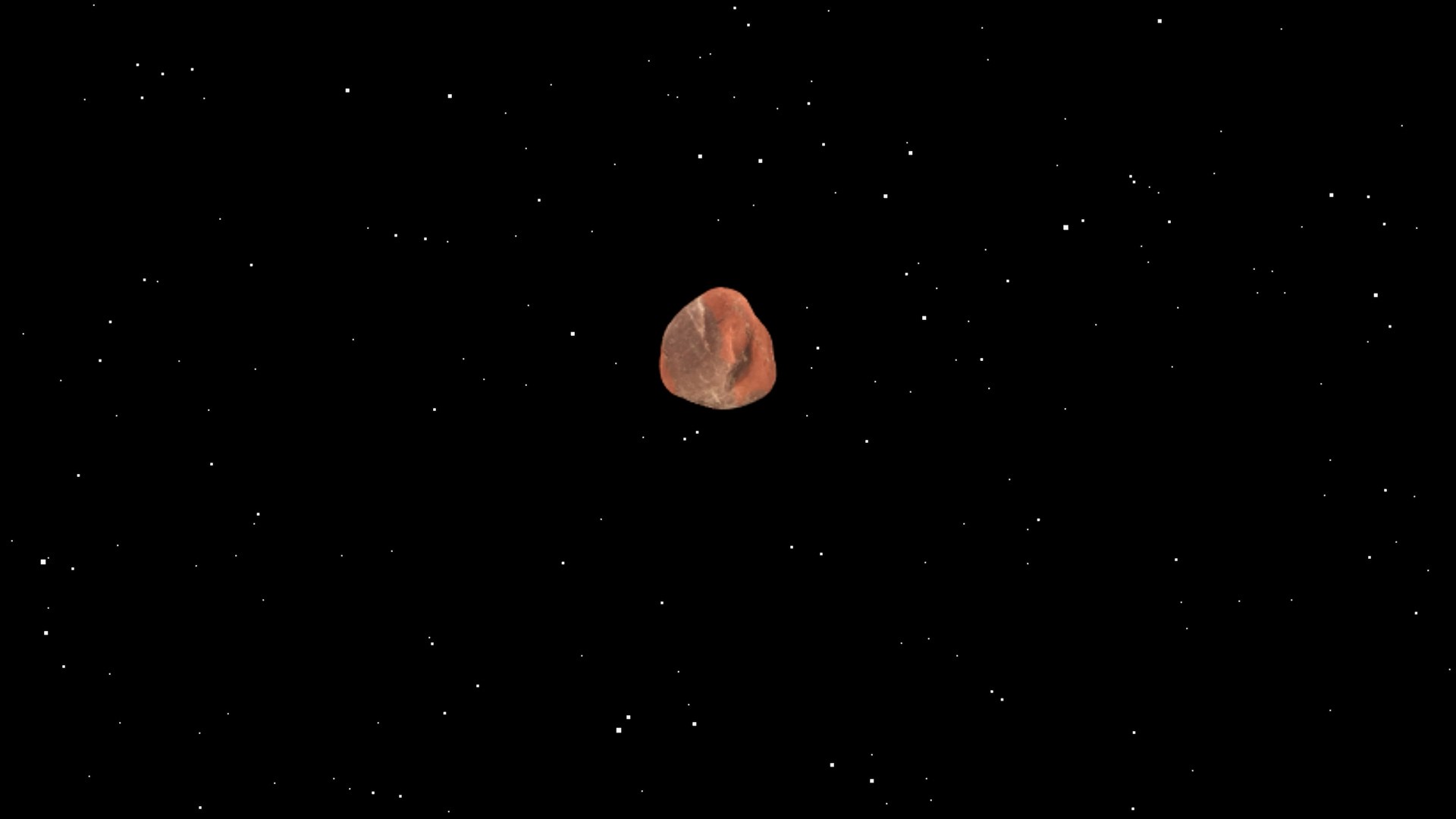About the Artist
Jing Zhou
Jing Zhou's practice spans expressive mark-making, immersive installations, and material-led experimentation. Her practice explores the psychological terrain of contemporary womanhood, intimacy, and trauma through raw, process-driven works that challenge comfort, aesthetics, and personal memory. Drawing on influences from Tracey Emin, Louise Bourgeois, and the expressive experimentation of 1960s psychedelic painters, Zhou’s art bridges visceral storytelling with symbolic abstraction. Informed by both Eastern philosophies and Western art theory, Zhou’s practice is driven by personal mythology, vivid imagery and unconventional media. Her evolving body of work interrogates the self, often drawing on themes of gender, loss, and alienation to construct richly layered visual dialogues.
About the Artist
Jing Zhou
Jing Zhou's practice spans expressive mark-making, immersive installations, and material-led experimentation. Her practice explores the psychological terrain of contemporary womanhood, intimacy, and trauma through raw, process-driven works that challenge comfort, aesthetics, and personal memory. Drawing on influences from Tracey Emin, Louise Bourgeois, and the expressive experimentation of 1960s psychedelic painters, Zhou’s art bridges visceral storytelling with symbolic abstraction. Informed by both Eastern philosophies and Western art theory, Zhou’s practice is driven by personal mythology, vivid imagery and unconventional media. Her evolving body of work interrogates the self, often drawing on themes of gender, loss, and alienation to construct richly layered visual dialogues.
Other featured artists
About the Artist
Jing Zhou
Jing Zhou's practice spans expressive mark-making, immersive installations, and material-led experimentation. Her practice explores the psychological terrain of contemporary womanhood, intimacy, and trauma through raw, process-driven works that challenge comfort, aesthetics, and personal memory. Drawing on influences from Tracey Emin, Louise Bourgeois, and the expressive experimentation of 1960s psychedelic painters, Zhou’s art bridges visceral storytelling with symbolic abstraction. Informed by both Eastern philosophies and Western art theory, Zhou’s practice is driven by personal mythology, vivid imagery and unconventional media. Her evolving body of work interrogates the self, often drawing on themes of gender, loss, and alienation to construct richly layered visual dialogues.




